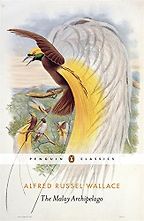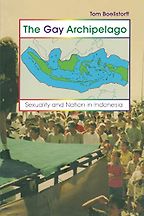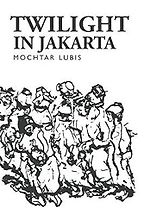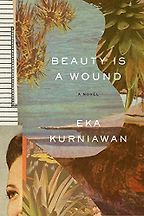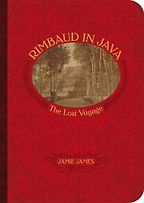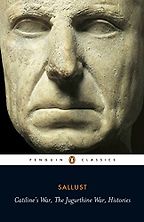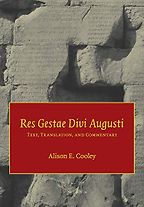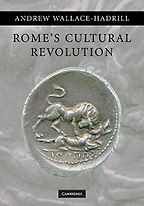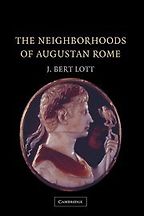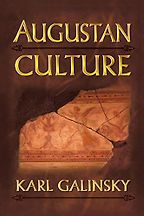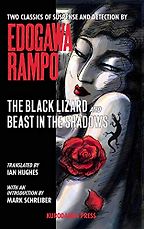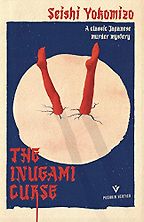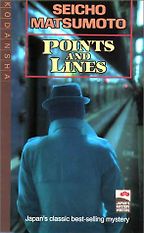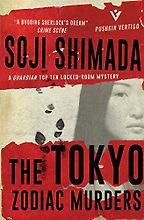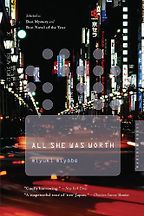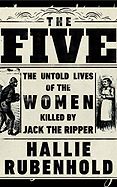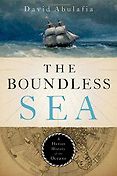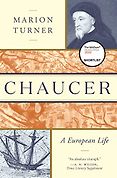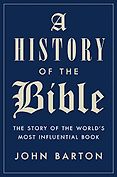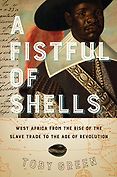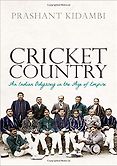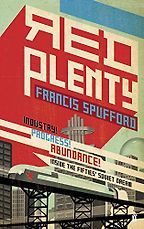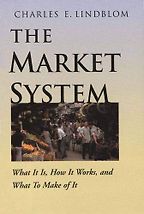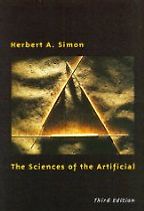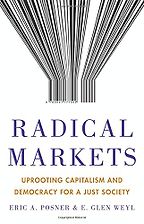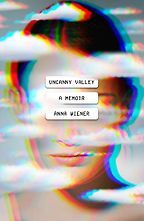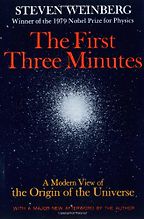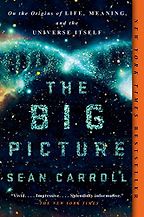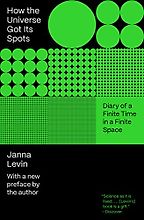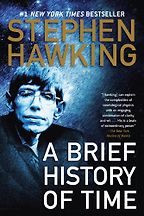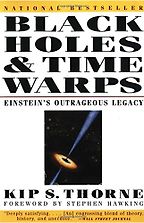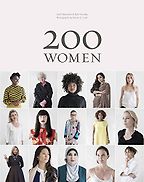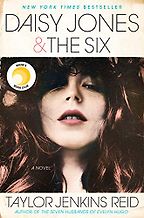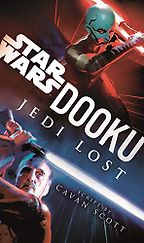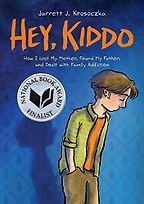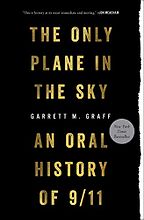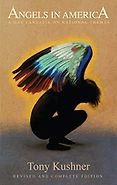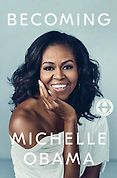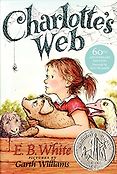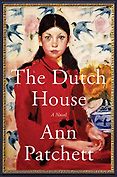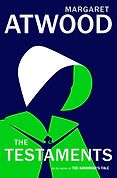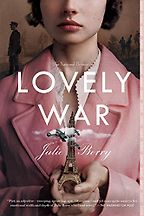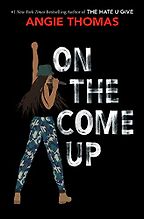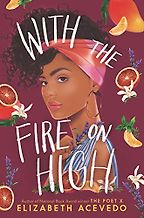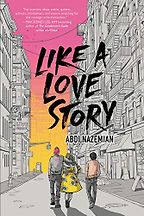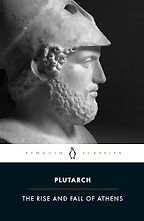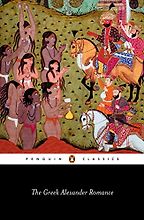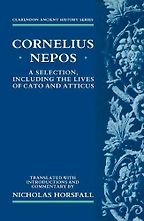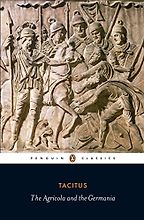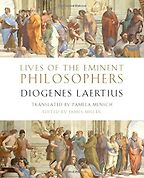Interviewer
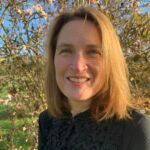
Sophie Roell, Editor
Sophie Roell is co-founder and editor of Five Books. Previously she worked as a journalist in London, Beijing, Shanghai and New York. As a financial reporter, she covered the early years of the Chinese stock markets and the transition of its economy after Deng Xiaoping’s 1992 tour of the south. She wrote about the North Korean economy from Pyongyang in 2001.
She studied modern history as an undergraduate at Oxford and, after travelling the world as a reporter for five years, took the Master’s in Regional Studies-East Asia at Harvard University. This wonderfully flexible program insists on at least one East Asian language and some courses on East Asia, but leaves plenty of room to roam about the university taking courses on random subjects. Five Books, set up in 2009, is an attempt to continue that experience.
Below, you’ll find Sophie’s Five Books interviews with experts. Her own recommendations, normally nonfiction, are here. She also reads a lot of mysteries.
Interviews by Sophie Roell
-

1
The Malay Archipelago
by Alfred Russel Wallace -

2
The Gay Archipelago: Sexuality and Nation in Indonesia
by Tom Boellstorff -

3
Twilight in Jakarta
by Claire Holt and John McGlynn (translators) & Mochtar Lubis -

4
Beauty is a Wound
by Annie Tucker (translator) & Eka Kurniawan -

5
Rimbaud in Java: The Lost Voyage
by Jamie James
The best books on Indonesia, recommended by Krithika Varagur
The best books on Indonesia, recommended by Krithika Varagur
It’s a beautiful nation of islands with staggering levels of biodiversity. It’s also home to more than a quarter of a billion people, many of them Muslim. And yet, it gets little regular coverage in the western media. Krithika Varagur, journalist and author of The Call, talks us through the books that most inspired and informed her as she reported on Indonesia.
-

1
Catiline’s War, The Jugurthine War, Histories
Sallust (trans. AJ Woodman) -

2
Res Gestae Divi Augusti: Text, Translation, and Commentary
by Alison Cooley (editor) & Augustus -

3
Rome's Cultural Revolution
by Andrew Wallace-Hadrill -

4
The Neighborhoods of Augustan Rome
by J. Bert Lott -

5
Augustan Culture
by Karl Galinsky
The best books on Augustus, recommended by Peter Wiseman
The best books on Augustus, recommended by Peter Wiseman
Is it possible that Augustus was not the first Roman emperor, but the last of Rome’s great populist champions? That’s what classicist Peter Wiseman argues in his book, The House of Augustus: A Historical Detective Story. Drawing on a lifetime of research and writing on this period, the emeritus professor of classics and ancient history gives a brilliant overview of the Augustan age, and recommends what to read to better understand the adopted son of Julius Caesar, who found Rome in brick and left it in marble.
-

1
Beast in the Shadows
by Edogawa Rampo & Ian Hughes (translator) -

2
The Inugami Curse
by Seishi Yokomizo & Yumiko Yamazaki (translator) -

3
Points and Lines
by Paul C. Blum and Makiko Yamamoto (translators) & Seicho Matsumoto -

4
The Tokyo Zodiac Murders
by Ross and Shika Mackenzie (translators) & Soji Shimada -

5
All She Was Worth
by Alfred Birnbaum (translator) & Miyuki Miyabe
Best Classic Japanese Mysteries, recommended by On Nomoto
Best Classic Japanese Mysteries, recommended by On Nomoto
Crime novels are hugely popular in Japan, but English translations of Japanese mysteries not always easy to come by. As Pushkin Vertigo publishes translations of two novels by Seishi Yokomizo, one of Japan’s most famous mystery writers, his grandson, On Nomoto, talks us through the best classic Japanese mysteries of the last century.
-

1
The Five: The Untold Lives of the Women Killed by Jack the Ripper
by Hallie Rubenhold -

2
The Boundless Sea: A Human History of the Oceans
by David Abulafia -

3
Chaucer: A European Life
by Marion Turner -

4
A History of the Bible
by John Barton -

5
A Fistful of Shells: West Africa from the Rise of the Slave Trade to the Age of Revolution
by Toby Green -

6
Cricket Country: An Indian Odyssey in the Age of Empire
by Prashant Kidambi
The Best History Books: the 2020 Wolfson Prize shortlist, recommended by Richard Evans
The Best History Books: the 2020 Wolfson Prize shortlist, recommended by Richard Evans
If you’re looking for the best history books published this past year, the annual Wolfson History Prize is a great place to start. Each year, the judges pick out outstanding books that are both originally researched and readable. Historian and Wolfson judge Richard Evans talks us through the six history books that made the 2020 shortlist.
-

1
Red Plenty
by Francis Spufford -

2
The Market System: What It Is, How It Works, and What To Make of It
by Charles Lindblom -

3
The Sciences of the Artificial
by Herbert A. Simon -

4
Radical Markets: Uprooting Capitalism and Democracy for a Just Society
by E. Glen Weyl & Eric A. Posner -

5
Uncanny Valley: A Memoir
by Anna Wiener
The Best Books on the Politics of Information, recommended by Henry Farrell
The Best Books on the Politics of Information, recommended by Henry Farrell
Our political systems evolved in an era when information was much harder to come by. What challenges does our current reality of information overload pose for democracy? How do we even start thinking about these questions? Political scientist Henry Farrell proposes key books for building a curriculum on ‘the politics of information,’ starting with a beautifully written novel.
-

1
The First Three Minutes
by Steven Weinberg -

2
The Big Picture: On the Origins of Life, Meaning, and the Universe Itself
by Sean M Carroll -

3
How the Universe Got Its Spots: Diary of a Finite Time in a Finite Space
by Janna Levin -

4
A Brief History of Time
by Stephen Hawking -

5
Black Holes and Time Warps
by Kip Thorne
The Best Books on the Big Bang, recommended by Dan Hooper
The Best Books on the Big Bang, recommended by Dan Hooper
Before Einstein, how the universe began was a question for theologians, not scientists. Over a century later, we know much more, but not enough to do more than guess at what happened at the moment of the Big Bang and immediately after. Astrophysicist Dan Hooper, author of At the Edge of Time—a book that explores dark energy, dark matter and other things we don’t yet understand—talks us through books about the Big Bang, and questions whether our entire understanding of the universe is about to be turned upside down.
-

1
200 Women: Who Will Change The Way You See The World
by Geoff Blackwell, Kieran Scott, Marianne Lassandro, Ruth Hobday & Sharon Gelman -

2
Daisy Jones & The Six
by Taylor Jenkins Reid -

3
Dooku: Jedi Lost (Star Wars)
by Cavan Scott -

4
Hey, Kiddo
by Jarrett Krosoczka -

5
The Only Plane in the Sky: An Oral History of September 11, 2001
by Garrett Graff
The 2020 Audie Awards: Best Multi-Voiced Performance, recommended by Mary Burkey & Robin Whitten
The 2020 Audie Awards: Best Multi-Voiced Performance, recommended by Mary Burkey & Robin Whitten
If your idea of an audiobook is a single narrator reading a book out loud, think again. These days many audiobooks are created as dramatic performances with a cast of dozens. Veteran audiobook reviewers Robin Whitten and Mary Burkey talk us through the finalists of the 2020 Audie Awards’ ‘multi-voiced performance’ category—and the books that have been brought to life by dedicated teams of actors, editors and producers.
-

1
The Only Plane in the Sky: An Oral History of September 11, 2001
by Garrett Graff -

2
Angels in America: A Gay Fantasia on National Themes
by Tony Kushner -

3
Becoming
by Michelle Obama -

4
Charlotte's Web
by E.B. White & Garth Williams (illustrator) -

5
The Dutch House
by Ann Patchett -

6
The Testaments: A Novel
by Margaret Atwood
The 2020 Audie Awards: Audiobook of the Year, recommended by Mary Burkey & Robin Whitten
The 2020 Audie Awards: Audiobook of the Year, recommended by Mary Burkey & Robin Whitten
Every year, the Audie Awards celebrate the best audiobooks published over the previous year. Veteran audiobook reviewer Robin Whitten of AudioFile Magazine and Mary Burkey, who has served on multiple audiobook judging panels, explain what makes a good audiobook and talk us through the brilliant books that were finalists in the 2020 ‘Audiobook of the Year’ category.
The 2020 Audie Awards: Best Audiobooks for Young Adults, recommended by Mary Burkey & Robin Whitten
Audiobooks are a great way to keep teenagers entertained and informed. Mary Burkey, an expert on kids’ audiobooks, and Robin Whitten, editor and founder of AudioFile magazine, talk us through the wonderful titles that were finalists in this year’s Audie Awards in the ‘Young Adult’ category.
-

1
The Rise and Fall of Athens: Nine Greek Lives
by Plutarch -

2
The Greek Alexander Romance
by Richard Stoneman -

3
Atticus
by Cornelius Nepos & Nicholas Horsfall -

4
Agricola
by Harold Mattingly, James Rives & Tacitus -

5
Lives of the Eminent Philosophers
Diogenes Laertius (ed. James Miller, trans. Pamela Mensch)
The best books on Leadership: Lessons from the Ancients, recommended by Jeffrey Beneker
The best books on Leadership: Lessons from the Ancients, recommended by Jeffrey Beneker
Whatever modern leadership books may say about what’s required to be a good leader, for the ancients there was only one vital requirement: studying philosophy. Jeffrey Beneker, Professor of Classics at the University of Wisconsin-Madison, talks us through what ancient biographies reveal about how to be a leader.
